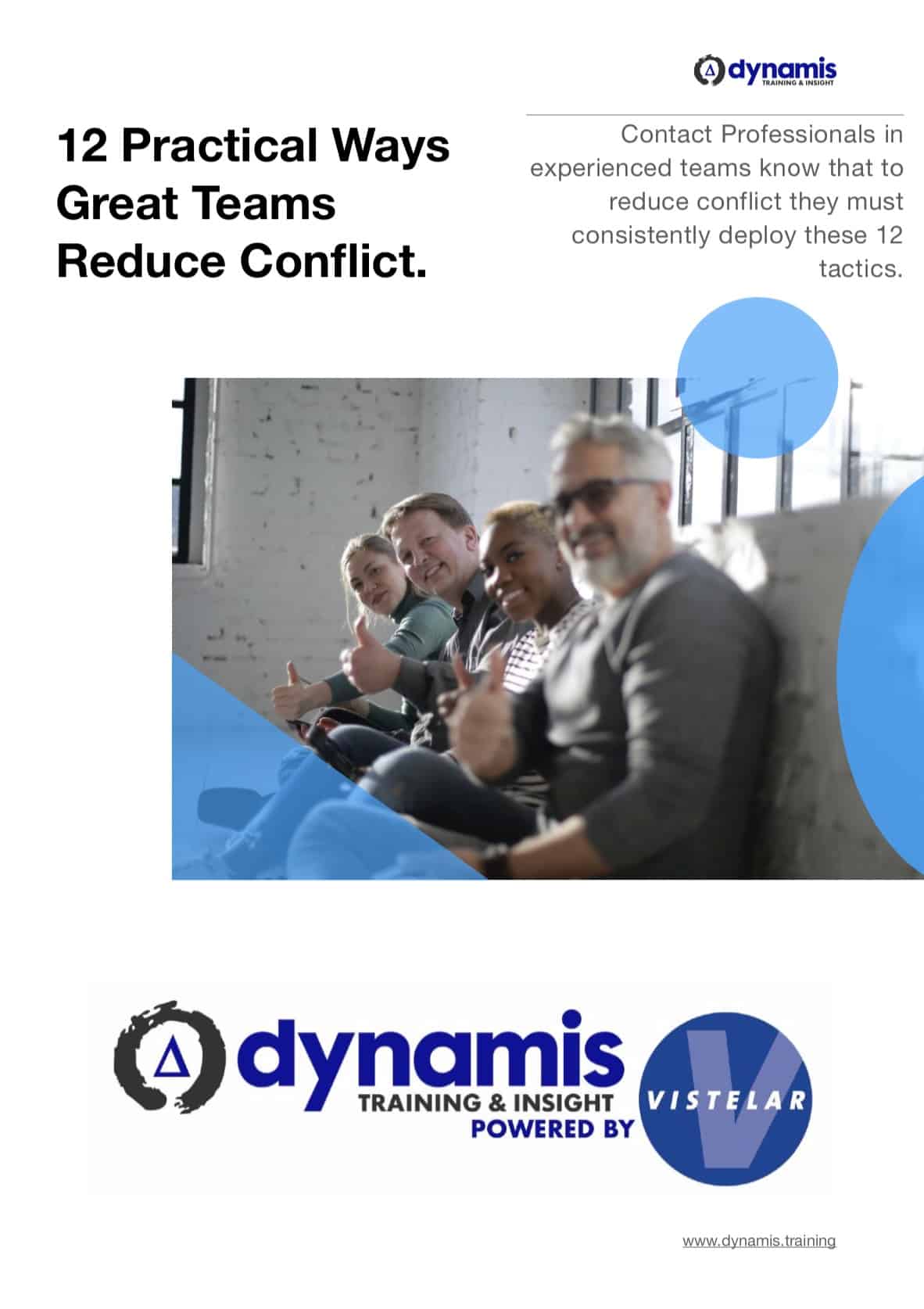Vulnerable Clients and Behaviours of Concern in Learning Disabilities Services
The trainer programme for this learning disabilities service builds a process within which we can create a change of heart in your staff teams so that they can Keep Everyone Safe even as they encounter difficult, distressed or even dangerous behaviour in your service.
Our goal with the Positive Behaviour Trainer Training is a care environment where “every person is treated with dignity and is shown respect, even when there is friction” and we use this foundation to reduce risk, create safer environments and improve outcomes. We have been helping care homes, nursing homes, home-care teams and NHS hospitals in the care of vulnerable people since 2007. Over that time we have developed specific topics for the care of vulnerable people within our training which you may find nowhere else in our sector.
Positive Behaviour Trainer Training focussed on your Residents, Your Care Service
Here is what we understand about the kinds of conflict flashpoints you are likely to see in your service:
– The personal challenges of living with a vulnerability such as dementia, or autism or other brain-based disorder, and how it leads to frustration, anger and distress.
– How living in care creates boundaries and limitations on personal choice and autonomy.
– How the ‘schedule’ of care can make life unpredictable and prone to abrupt changes in routine
– Physiological causes of aggression: UTI, Medication-related Delirium, Pain
– Resistance during intimate personal care tasks (cleaning / bathing tasks) because of dignity, self-image and privacy issues.
– Perceptions about medication and its effects which create feelings of negativity leading to refusal and conflict with staff
– Persistent ‘personality clashes’, territoriality and property disputes with other residents resulting in conflict
– Sexually disinhibited behaviour
Key Points: “Treat every person the way you would like to be treated, if you were in identical circumstances to them”
“Where differences divide us, dignity and respect will be the platform for resolution”
Structured communications with foundations in universal values will result in fewer incidents of concern and a more professional care setting.
We will teach your team the Vistelar conflict management programme, which has been described as the “how to” method for achieving restraint reduction. During your team’s training with us, these types of scenario will be examined in detail, noting the triggers for frustration, the observable cues which your service users show to communicate their needs, and then possible solutions which the staff can use in order to address them. We won’t just stop at this ‘analysis’ level, however. We will also practice, repeatedly, the most common scenarios where a conflict flashpoint happens, and give your team many opportunities to practice their responses.
In day-to-day work, some scenarios will escalate to the level where there is a real risk of physical violence, such as Resident lashes out at another resident Resident lashes out at a member of staff Resident seems intent on causing self-injury. These scenarios will require the use of last-resort protective interventions which stop any violence from happening and keep everyone involved safe.
See our Trainer page for more information.


